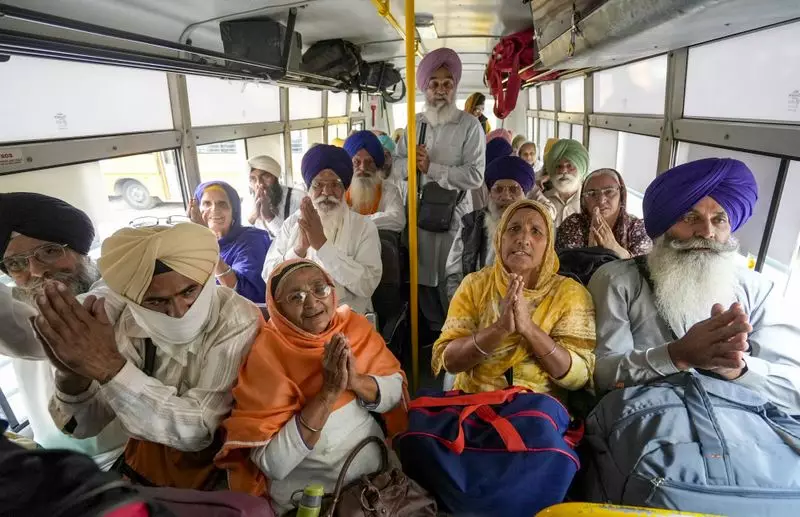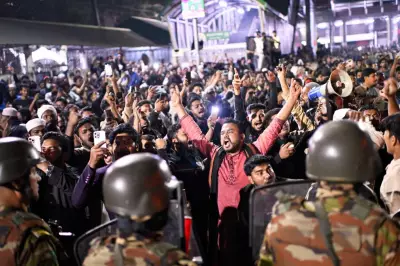
In a significant development that has captured attention on both sides of the border, Pakistan has categorically denied recent allegations suggesting that Hindu pilgrims from India were denied entry into the country. The controversy emerged amid scheduled visits to historically significant religious sites in Pakistan.
Official Statement from Pakistan's Foreign Office
The Pakistan Foreign Office issued a formal statement addressing what they termed as "completely baseless" reports circulating in certain media outlets. Official spokespersons emphasized that Pakistan remains committed to facilitating religious tourism and ensuring that pilgrims can visit sacred sites without unnecessary obstacles.
Background of the Pilgrimage Program
The pilgrimage in question involves visits to the revered Shree Katas Raj Temples complex, a site of immense religious significance for the Hindu community. This temple complex, located in Pakistan's Punjab province, has been part of a bilateral agreement between India and Pakistan that allows cross-border religious visits.
Key Points of Contention
- Allegations suggested specific pilgrims were denied entry despite valid documentation
- Pakistan maintains all proper procedures were followed
- The incident reportedly occurred during a scheduled visit period
- Both governments are engaged in diplomatic communication regarding the matter
Historical Context of Religious Tourism
Religious pilgrimage between India and Pakistan has long been a delicate aspect of bilateral relations. Despite political tensions, both countries have generally maintained protocols for facilitating visits to holy sites, recognizing the importance of religious freedom and cultural heritage.
Recent Developments in Bilateral Relations
The timing of these allegations comes during a period of ongoing diplomatic engagement between the neighboring nations. While specific details about which pilgrims were affected remain unclear, the swift denial from Pakistani authorities indicates the sensitivity of such matters in the broader context of India-Pakistan relations.
Looking Forward
As both nations navigate this latest diplomatic situation, observers are watching closely to see how it might impact future religious exchanges. The preservation of religious tourism agreements remains crucial for maintaining people-to-people connections despite political differences.
The resolution of this matter could set important precedents for how cross-border religious travel is managed in the future, particularly as both countries balance security concerns with religious freedom commitments.





